Selfless Selfishness to Cope with Community Violence
 My heart is breaking that I am drawn to write about this topic. With so many shootings these days, I'm no longer shocked to hear about another act of insanity. That statement is in itself shocking.
My heart is breaking that I am drawn to write about this topic. With so many shootings these days, I'm no longer shocked to hear about another act of insanity. That statement is in itself shocking.
I was researching this topic to help support the Montessori Ukraine Community when I came across something simple and useful from Sesame Street.
The key takeaways for me from this video are:
- Let children tell you what they've heard
- Listen carefully and express compassion
- Keep them away from media as much as possible
- Take skillful action if that is an option; this develops our sense of agency (that we can do something about it and not feel helpless)
I remember when 9/11 happened. I was in my classroom and my head of school came crying into my room (utterly out of character for her, a rock of a leader). We went into the hallway, she told me what happened, I called my sister (who lived near the Pentagon), and went back to my class. I was in shock. The children were being dismissed early and parents were about to arrive. The only thing I could think to do was give them a geography lesson with the United States puzzle map to show them how far New York and DC were from our school in Springfield, Massachusetts.
When the children were dismissed, I went to pick up my own 5-year-old daughter. At home, we turned on the news. We saw the twin towers fall. When I realized they were just repeating that video again and again and again, I turned off the news. I wish I had done that sooner. We cried, we talked, we called family, and, ultimately, we slept.
When we were back in school, I was surprised by how little the children spoke about it. It did come up sometimes but it was more matter of fact in the children. But the parents, we were devastated. That's all we could talk about.
9/11 affected the entire United States community (and more). But I wonder if how things unfolded then may give us ideas for how to respond in the future. First, we have to focus on our physical needs. Like when 9/11 happened, everyone went to get their children because no one knew what was coming next. We thought it might be just the beginning of the attacks.
If you and the children are in a physically safe space, I think the next logical thing to do is to exert ourselves to help. For 9/11, we made care packages and cards to send to NY. But our neighbor did more. He had heard on the news that they didn't have enough respirators for the rescue workers. He knew something about that and so, completely on his own, started calling companies who made respirators, got donations, rented a truck to go around and collect the donations, and then drove that truck to NYC. He just showed up in the middle of the chaos, found a hub of rescue workers, and opened up the truck. It took a minute for them to figure out what had just happened, that this gift of human generosity and care had fallen from the sky, and all they had to do was distribute it. Can you imagine being in their situation and witnessing how humans can self-organize to solve immense problems?
When tragedy arrives, we need to tend to our own and the children's need to process and make sense of what happened. But isn't it when we do that and work to improve the situation that we protect ourselves against depression and helplessness? Isn't it in the process of helping others that we ultimately help ourselves?
And isn't that really what we're doing in the scientific Montessori pedagogy? We're teaching children to think independently and take intelligent action. We're showing them how to engage with their surroundings, with their people, not only to help others but also to help themselves. Isn't that where we find the sweet spot, the balance that brings us peace? Because helping others is simultaneously helping ourselves, maybe selfless selfishness is our best hope in these troubled times.
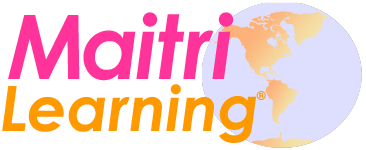
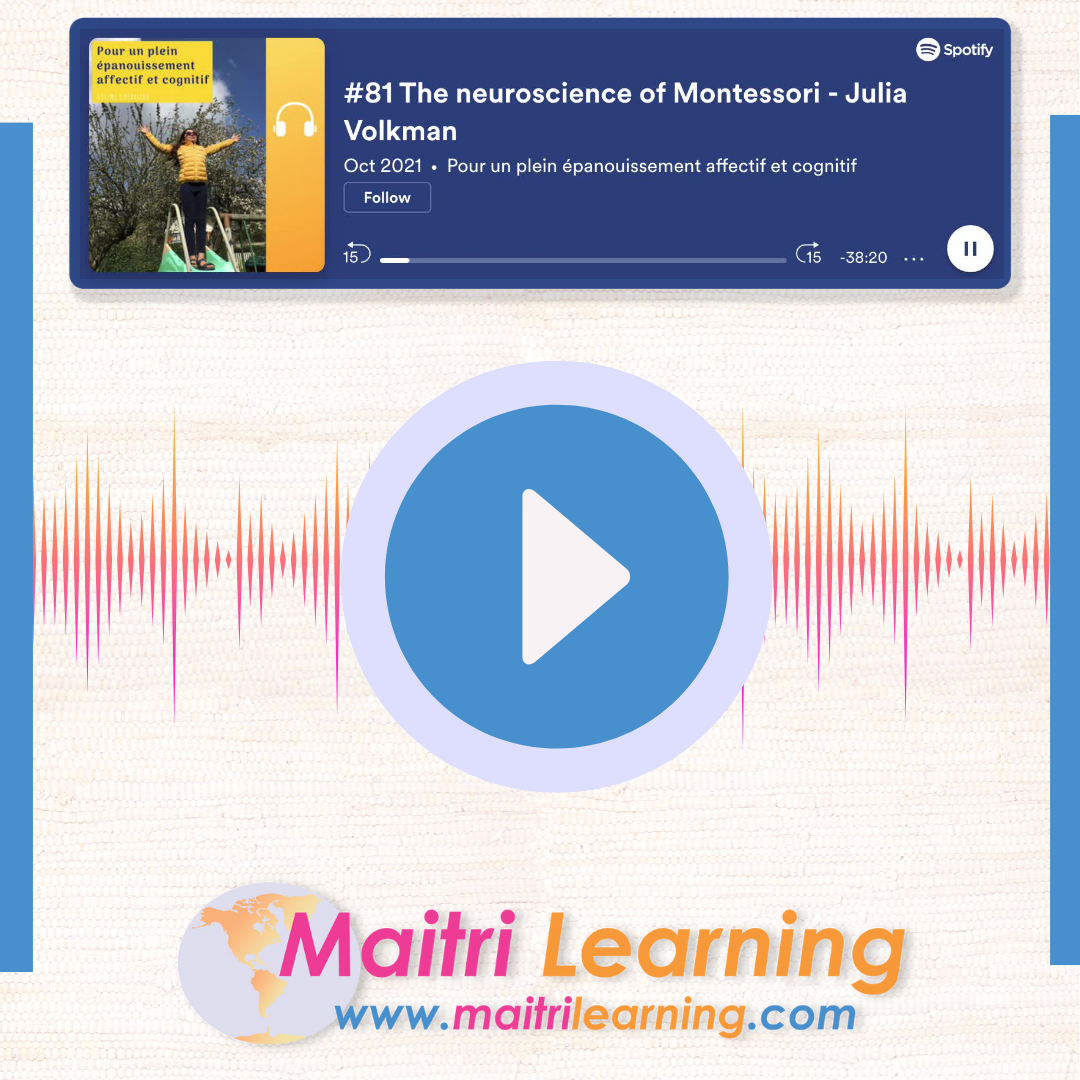
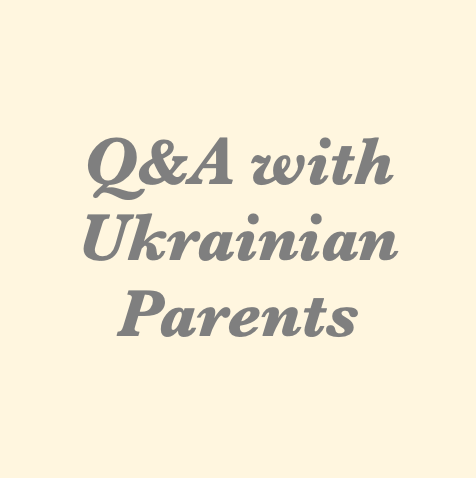

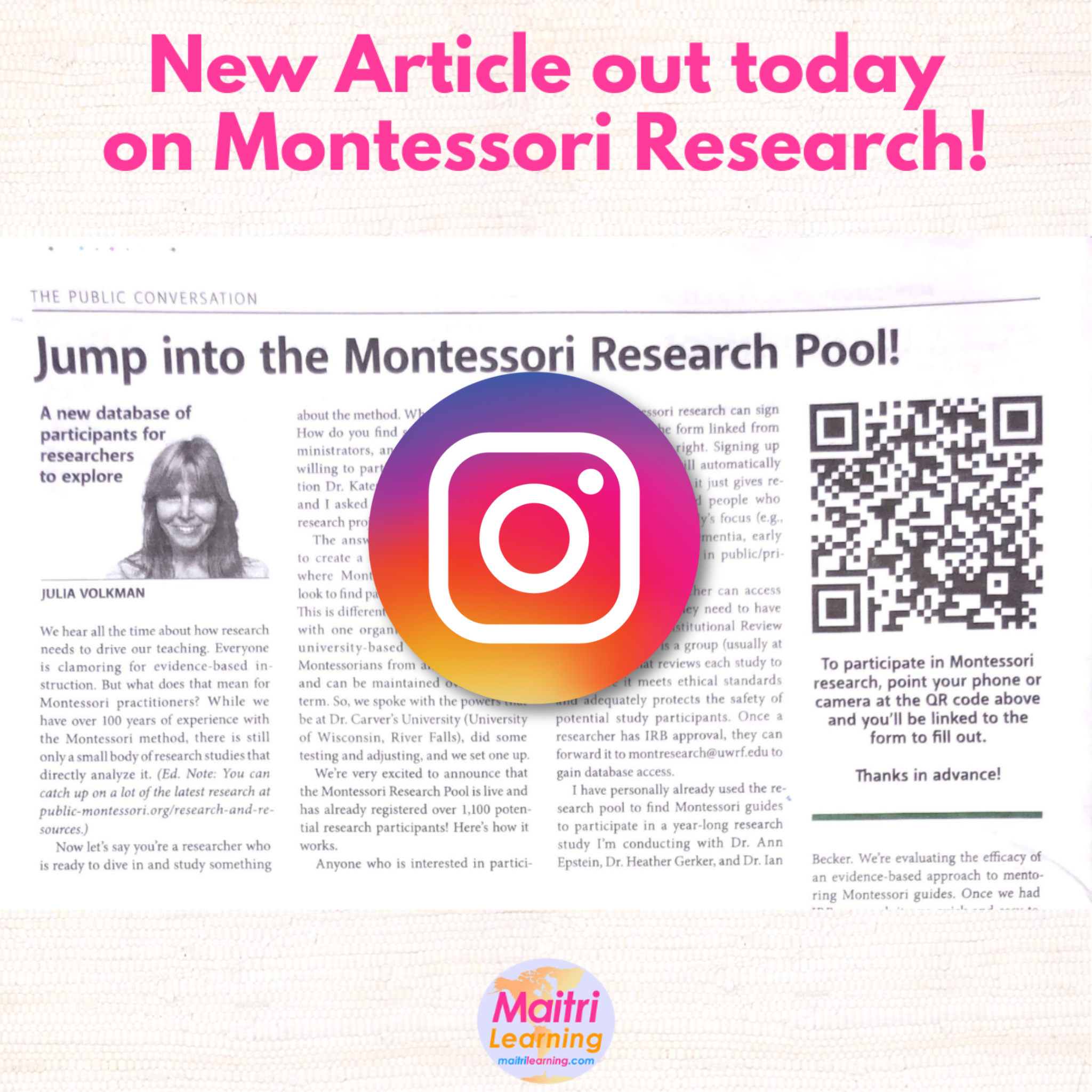
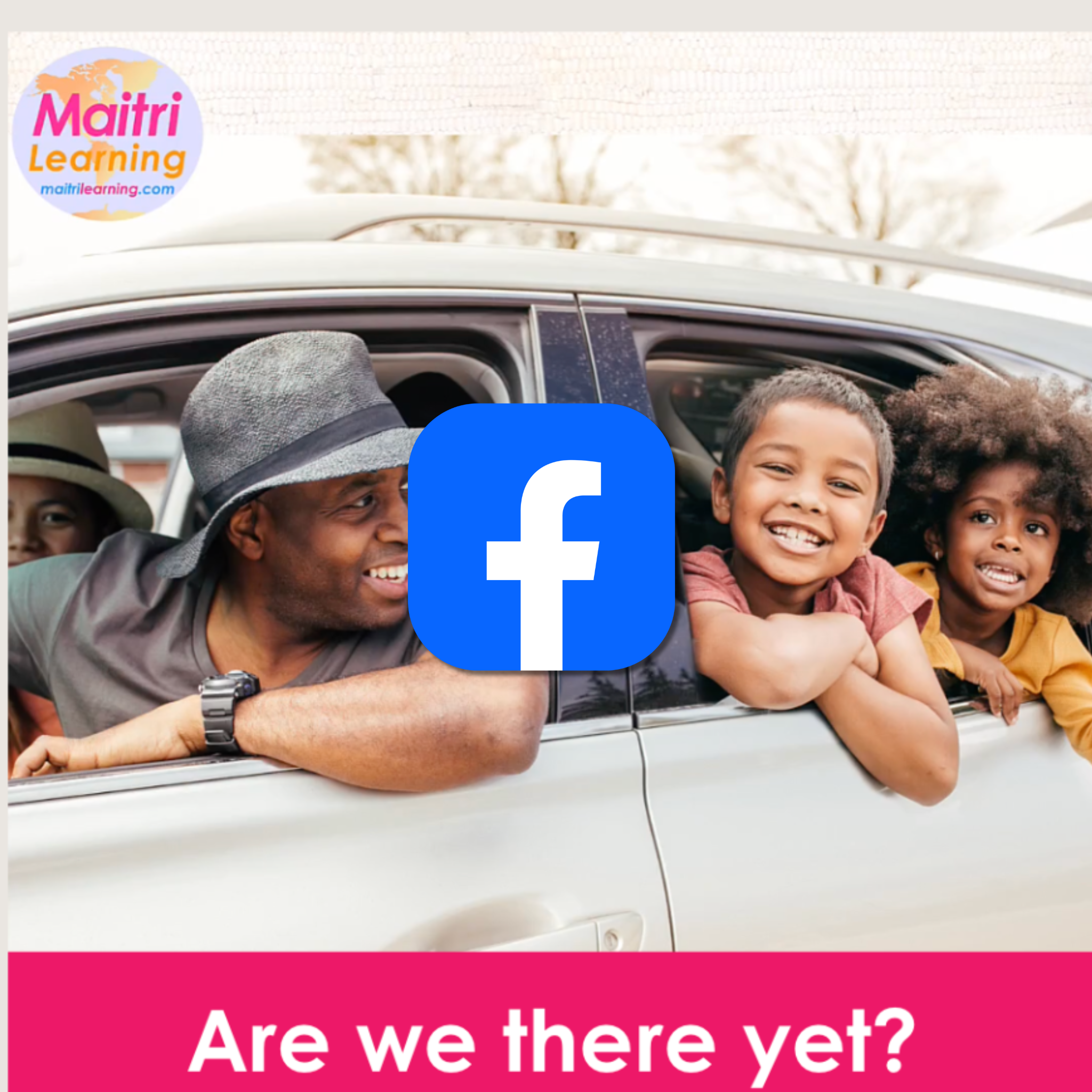
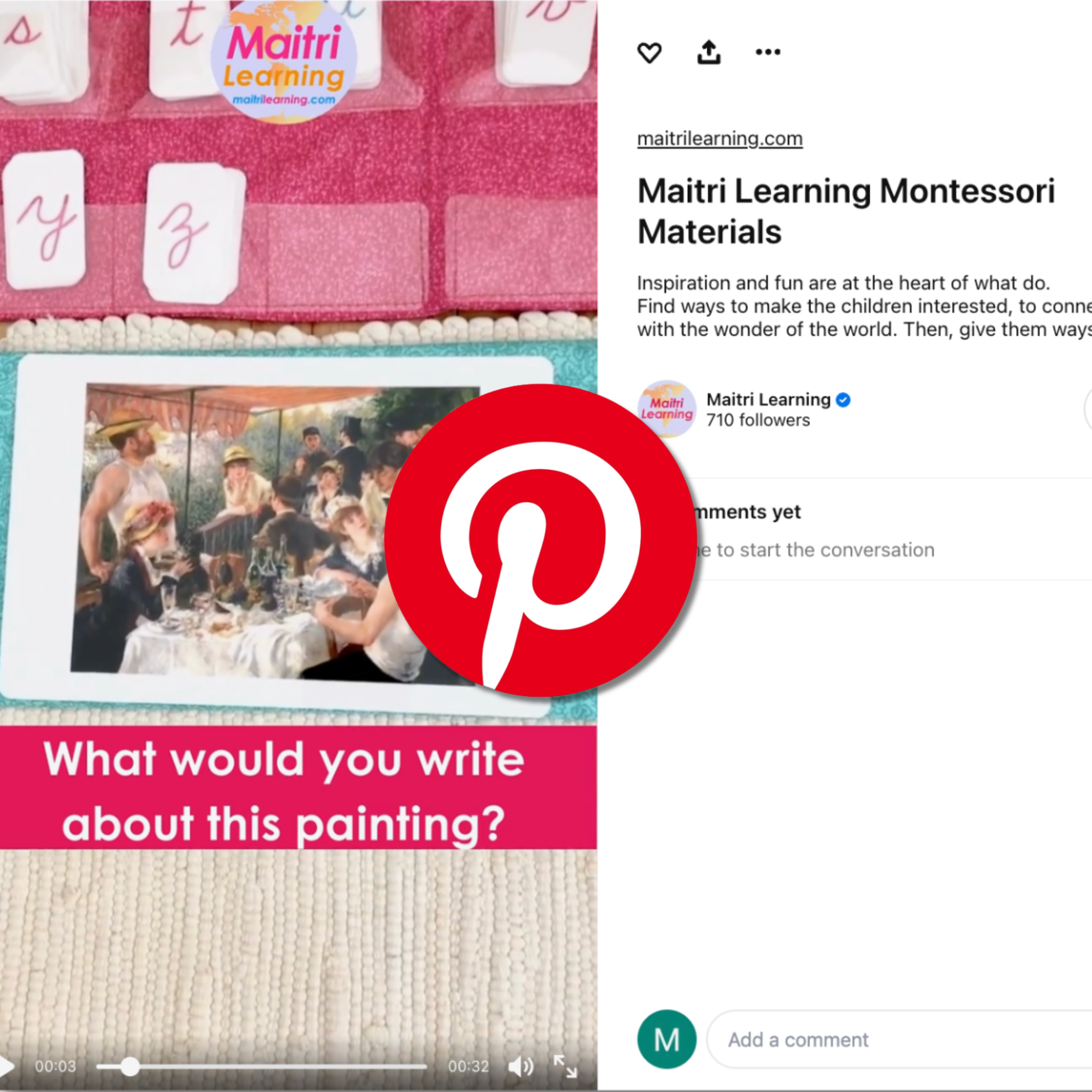
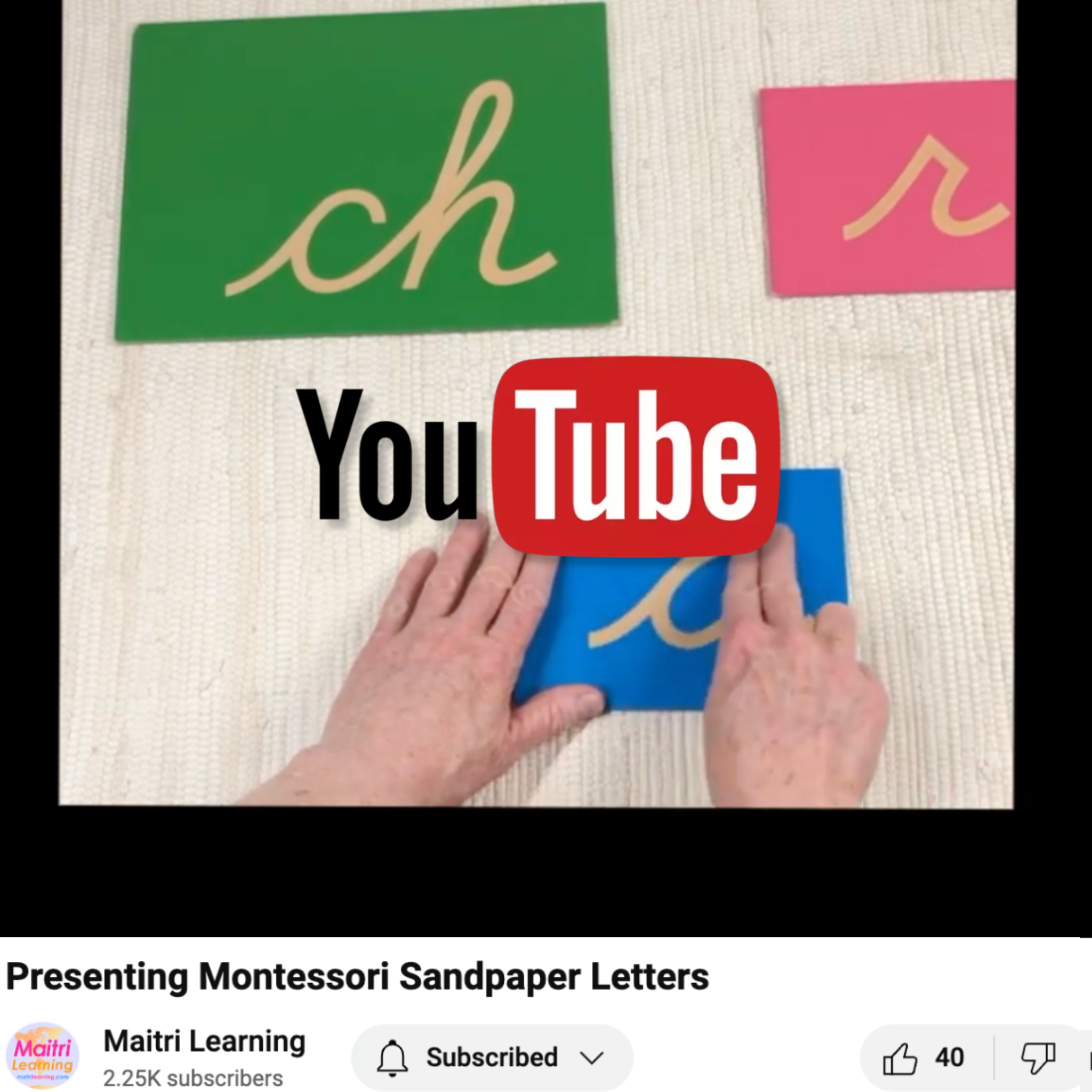
Leave a comment
This site is protected by hCaptcha and the hCaptcha Privacy Policy and Terms of Service apply.